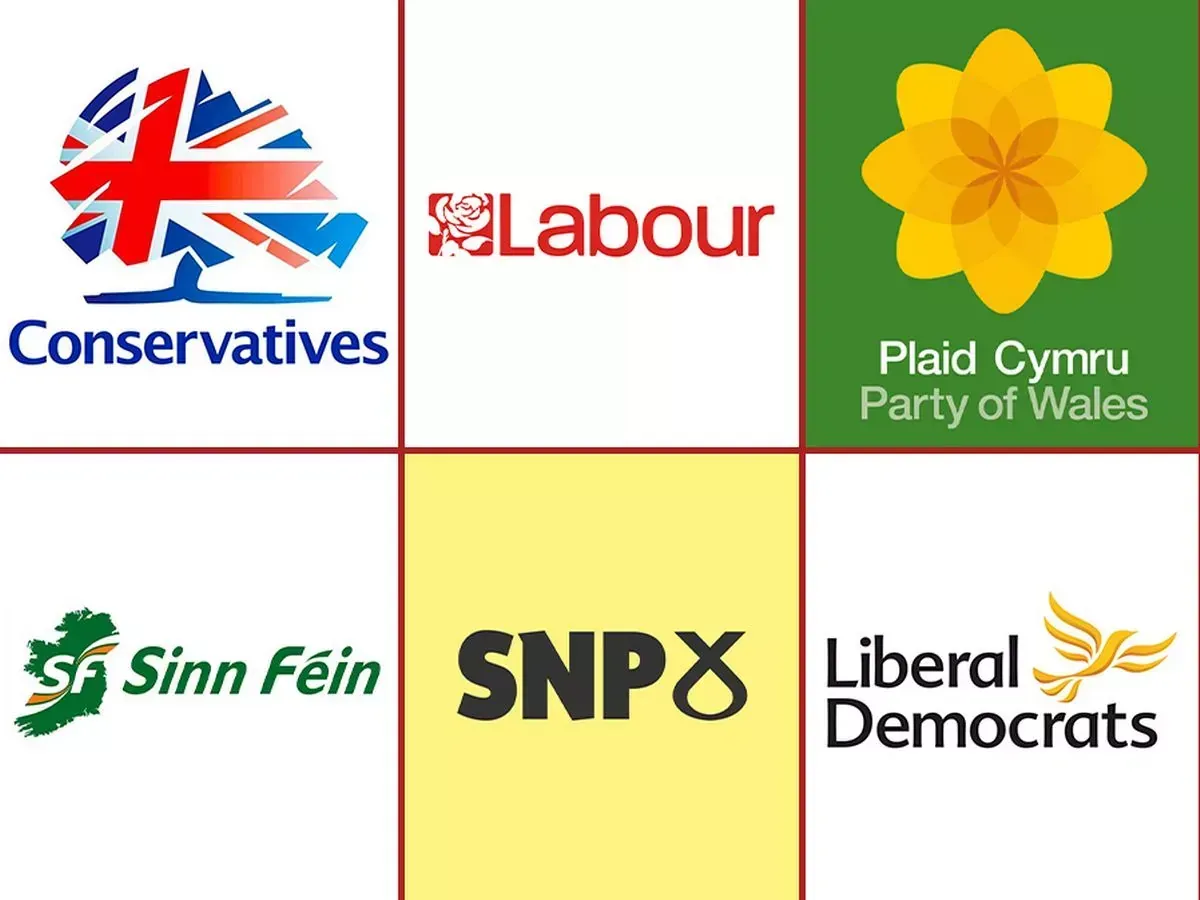Labour Voters Prefer Reform UK Over Conservatives, Survey Reveals
A recent poll shows Labour voters would choose Reform UK as their second preference over the Conservatives. The survey also highlights concerns about tax increases and NHS investment.

A recent survey conducted by Arden Strategies has unveiled surprising preferences among Labour supporters regarding their second-choice political parties. The poll, which sampled 1,004 Labour voters in August 2024, revealed that Reform UK, led by Nigel Farage, is more favored than the Conservatives as an alternative option.
The Liberal Democrats emerged as the most popular second choice, garnering 36% of the votes, followed by the Greens at 22%. Reform UK secured 14% of the second-choice votes, while the Conservatives lagged behind at a mere 6%.
These findings appear to support Nigel Farage's assertions about Reform UK's credibility as an opposition party. The survey results are particularly significant given the political landscape following the July 2024 general election, where Labour secured a substantial 167-seat majority, the Liberal Democrats made significant gains with 61 seats, and Reform UK obtained five seats.

The poll also revealed interesting insights into party favorability among Labour voters. The Conservatives received a net favorability score of -70, compared to -50 for Reform UK. After Labour, Plaid Cymru emerged as the most popular UK party, followed by the Liberal Democrats and the Greens.
Richard Tice, Reform UK's deputy leader, commented on the findings:
"It's no surprise that Labour voters would consider voting for Reform. Traditional, socially conservative Labour voters are very anxious about large-scale immigration and stopping the boats."
The survey results also carry implications for Rachel Reeves, the Chancellor, as she prepares for the autumn Budget. Nearly half of the respondents (49%) expressed caution about raising taxes, while 58% advocated for prudence in borrowing for investment.
Regarding government policies, the survey revealed broad support among Labour voters for increased NHS investment, with 86% agreeing on its importance. However, opinions were divided on Wes Streeting's plans for greater private sector involvement in patient care.
Interestingly, the most noticed policy change since Labour came to power was the cut to the winter fuel allowance, affecting an estimated 10 million pensioners. This policy, introduced by Tony Blair's government in 1997, has been a subject of debate in recent years.
As the political landscape continues to evolve, these survey results provide valuable insights into voter preferences and policy priorities, potentially shaping future strategies for all parties involved.


































